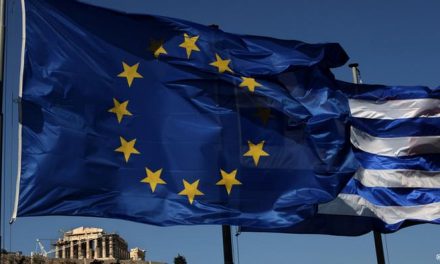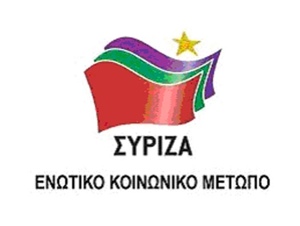By Taha Meli Avas, daily Sabah
Turkish President Recep Tayyip Erdoğan meets with U.S. President Donald Trump today at the White House.
Both leaders will have plenty to discuss in their first face-to-face meeting, with Syria being at the top of their lists. Turkey recently agreed to a framework in Astana, Kazakhstan setting up a cease-fire between all parties and subsequent “safe zones” with the goal being to focus energies on Daesh. The Russian-Iran-Syrian government axis has agreed to such an agreement. The United States has said publicly that it would arm the People’s Protection Units (YPG), a Kurdish force that Turkey considers aligned with the PKK terror group. This will be the most contentious issue at Tuesday’s meeting. The outcome of this meeting will immediately affect Turkish financial markets with a solid understanding between both countries being the best possible outcome.
While the United States Armed Forces believe the YPG is not aligned with the PKK, Turkey will voice its concerns arguing quite the opposite. Will the NATO allies come up with a compromise in which the United States can use the YPG to fight Daesh without putting U.S. boots on the ground? Will this compromise dictate that the YPG not ethnically cleanse Arab and Turkish regions in northern Syria following a victory against Daesh in the region? Both are valid questions President Erdoğan will bring up with President Trump. Turkey will hardly sit back idly and allow the PKK terror group to coopt U.S. arms in killing innocent civilians in Turkey as they have been doing for more than three decades. How will the NATO allies negotiate ways to defeat Daesh without giving birth to more terror in the region?
Should the YPG successfully take northern Syria, will this be another Kurdistan Regional Governmentesque play for the Kurds? Will foreign companies come into northern Syria to build pipelines moving Iraqi energy via northern Syria to the Mediterranean? It would be naive to assign altruistic motives for arming the YPG in the region and defeating Daesh would be self-serving for all parties involved, but what then? Could Turkey tolerate a PKK backed terror group on its southern border? Would this terror group find a new revenue stream by operating said pipeline and continue to operate ad infinitum? The answers to these important questions only raise more questions. The real question, it seems, is will President Erdogan be able to convince President Trump of the long-term negative ramifications of arming the YPG?
Unfortunately President Erdoğan’s visit comes on the heels of major domestic turmoil Trump faces at home. The fall-out from the firing of previous FBI Director James Comey, has yet to subside with the risk being the administration would be too busy to focus on finding a solution to the Syrian crisis.
I predict a frank conversation between the two leaders in which President Erdoğan makes his case successfully, acquiring guarantees from President Trump that even if the YPG is used in the fight against Daesh, that it will be closely watched, perhaps even disarmed following the taking of Raqqa. Any announcement following the meeting of the two presidents that touch on such an understanding will be very positive for Turkish financial markets, which trade cautiously awaiting the outcome of the Trump-Erdoğan meeting.
Recent developments in which the YPG has used Russian flags to mask their activities and discourage Turkey or the Free Syrian Army from attacking them has also raised eyebrows in Ankara, a point which President Erdoğan will certainly bring up. Should the YPG be amenable to fight for the Russians, the United States will have invested millions into a fighting force that ultimately might be controlled by the Kremlin. President Trump who met Russian foreign minister Lavrov last week did not announce joint operations in Syria and therefore Turkey is currently stuck in the middle between the two superpowers. Turkey’s patience, however, in defeating Daesh while preserving peace in the region, is not without limit. The 3.5 million Syrian refugees in Turkey are anxiously waiting to return home and won’t be able to do so without safe zones. Perhaps President Erdoğan will receive concessions from President Trump in imposing a joint no-fly zone in Northern Syria.
Whatever the outcome of the first Trump-Erdoğan summit, the two NATO allies will undoubtedly work closer under this administration than under the previous administration, whose willful negligence helped forge the turmoil Syria currently finds itself in.



















